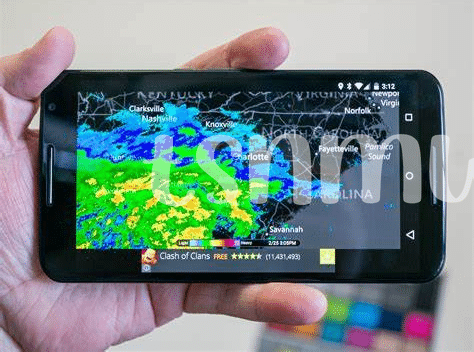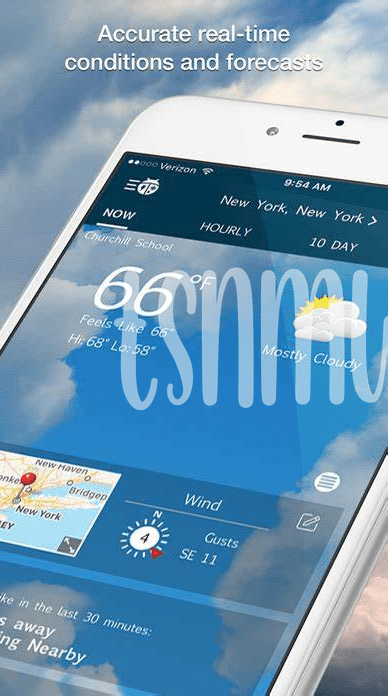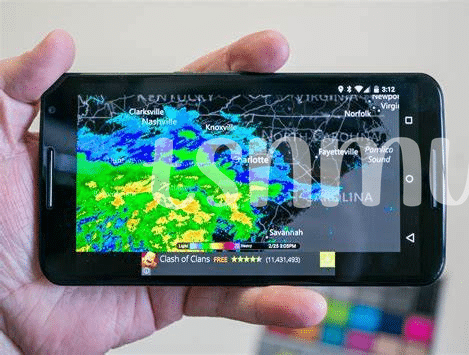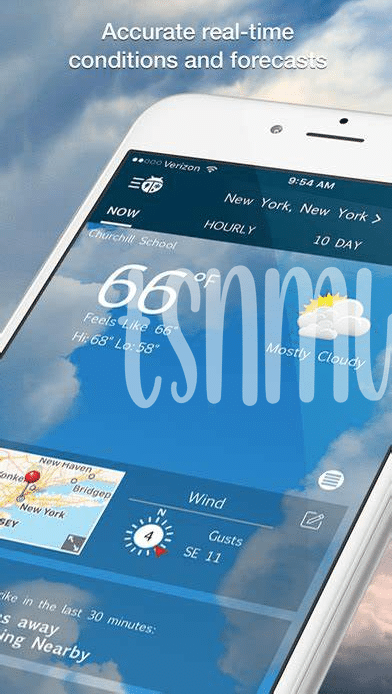- The Growing Impact of Ai in Weather Prediction 🌦️
- Advantages of Ai-powered Weather Forecasting 📈
- Integrating Ai into Weather Apps for Accuracy 📱
- The Role of Machine Learning in Predicting Weather Patterns 🤖
- Challenges and Limitations of Ai in Weather Prediction 🌪️
- Future Innovations and Developments in Ai Weather Prediction 🚀
Table of Contents
ToggleThe Growing Impact of Ai in Weather Prediction 🌦️
Ai technology has revolutionized the field of weather prediction by offering more accurate and reliable forecasts, transforming the way we interact with and understand weather patterns. By analyzing vast amounts of data and identifying intricate patterns, Ai has significantly improved the precision and reliability of weather forecasts. This technology has enhanced our ability to predict severe weather events, such as hurricanes, tornados, and even localized heavy rainfall, allowing for more effective disaster preparedness and response. The Ai-driven weather prediction systems not only provide advanced warnings but also offer valuable insights into the complex dynamics of weather systems, enabling better long-term planning and risk mitigation strategies. As Ai continues to evolve, its growing impact in weather prediction signifies a promising future for more precise, reliable, and timely weather forecasts.
| Advantages of Ai-powered Weather Forecasting | Integrating Ai into Weather Apps for Accuracy | The Role of Machine Learning in Predicting Weather Patterns | Challenges and Limitations of Ai in Weather Prediction | Future Innovations and Developments in Ai Weather Prediction |
|---|---|---|---|---|
Advantages of Ai-powered Weather Forecasting 📈
The use of AI in weather forecasting has revolutionized the accuracy and reliability of weather prediction. By analyzing vast amounts of data and utilizing complex algorithms, AI-powered weather forecasting offers numerous advantages. It allows for faster and more precise analysis of weather patterns, leading to improved early warnings for severe weather events, such as hurricanes and tornadoes. Additionally, AI enables personalized weather forecasts, taking into account specific locations and individual preferences. Moreover, AI-powered weather prediction enhances the understanding of complex weather phenomena, contributing to more informed decision-making in various industries, including agriculture, transportation, and disaster management. The integration of AI into weather apps enhances user experience by providing real-time updates and tailored forecasts, ensuring better preparedness for changing weather conditions. As technology continues to advance, AI promises to further elevate the accuracy and reliability of weather forecasting, ultimately benefiting society as a whole.
Integrating Ai into Weather Apps for Accuracy 📱
Integrating Ai into Weather Apps for Accuracy 📱
The integration of Artificial Intelligence (AI) into weather forecasting apps has revolutionized the accuracy and reliability of weather predictions. By leveraging AI algorithms, weather apps are able to process vast amounts of data from various sources such as satellites, weather stations, and sensors to provide users with highly precise and personalized forecasts. The incorporation of AI technologies enables these apps to analyze complex weather patterns and make real-time adjustments, resulting in more reliable and up-to-date information for users. Additionally, AI-powered weather apps can offer tailored recommendations and alerts based on individual user preferences, making them invaluable tools for planning daily activities and mitigating the impact of adverse weather conditions. As AI continues to advance, we can expect weather prediction apps to further enhance their accuracy and offer even more detailed and localized forecasts, providing users with the information they need to make informed decisions in their daily lives.
The Role of Machine Learning in Predicting Weather Patterns 🤖
The Role of Machine Learning in Predicting Weather Patterns
Machine learning plays a pivotal role in revolutionizing weather prediction by analyzing vast amounts of data to identify patterns and trends that may not be apparent to human forecasters. Utilizing complex algorithms and computational power, machine learning enables weather prediction models to adapt and improve over time, leading to more accurate and reliable forecasts. By continuously learning from new data and refining its predictions, machine learning is transforming the way we understand and anticipate weather patterns. The integration of machine learning into weather prediction not only enhances the accuracy of forecasts but also provides valuable insights into the dynamics of weather systems, helping us better prepare and adapt to changing conditions. This technological advancement has the potential to greatly improve our ability to anticipate and respond to weather-related events, ultimately enhancing the safety and well-being of communities around the world.




